Have you ever caught your cat gazing at you with those mysterious eyes and wondered if they sense your emotions? Cats are famous for their independence, but beneath their quiet elegance lies a heart deeply tuned to the pulses of the people they love. Many cat owners believe their feline friends have a secret power to sense and protect them emotionally—even when it seems like the cat is just snoozing on the windowsill. Let’s peel back the curtain and discover the surprising ways cats might be your silent emotional guardians.
The Unseen Bond: How Cats Read Your Mood

Cats have an uncanny knack for picking up on subtle cues in their environment, especially when it comes to their humans. If you come home after a rough day, your cat might greet you with a soft purr or curl up on your lap, almost as if they know you need comfort. This isn’t magic—it’s their way of responding to your body language, tone of voice, and even your scent, which changes with stress. Scientists say cats are observers, silently studying the patterns of their favorite people. They notice when your routine shifts or your energy dips, and often, they adjust their behavior to match your emotional state.
Purring: The Soothing Soundtrack of Comfort

There’s something almost hypnotic about a cat’s purr. While cats purr for many reasons, they often do so when they’re close to their people, especially if you’re feeling down. The frequency of a cat’s purr is known to have calming effects, even lowering blood pressure and reducing stress. Sometimes, when you’re sad or anxious, your cat may snuggle close and start to purr, creating a gentle vibration that feels like an invisible hug. It’s as if their purr is their secret weapon against your worries.
Silent Watchers: Cats as Emotional Sentinels

Unlike dogs, who might demand attention when you’re upset, cats often take a more subtle approach. They might quietly sit nearby, keeping a watchful eye without intruding. This gentle presence can be incredibly soothing, especially when you’re overwhelmed or just need space. Their silent companionship offers comfort without pressure, letting you process your feelings at your own pace. It’s their way of saying, “I’m here if you need me.”
The Healing Touch: When Cats Choose to Cuddle

It’s no coincidence that your cat chooses to curl up with you when you’re feeling low. Physical touch, even from a furry paw or a soft nudge, can be deeply healing. When your cat settles on your lap or rests their head on your hand, it can feel like a balm to your stress and sadness. This gentle, nonverbal contact helps lower anxiety, and studies have shown that petting a cat releases feel-good hormones in your brain. Sometimes, your cat’s cuddle is the best kind of therapy.
Routine and Reassurance: Stability in a Furry Package

Cats are creatures of habit, and their predictable routines can bring a sense of stability to your life. When everything else feels chaotic, knowing that your cat expects breakfast at the same time every morning or greets you at the door every evening provides comforting structure. This reliability can anchor you during difficult times, helping you feel grounded and less alone. Their routine becomes a gentle reminder that some things remain steady.
Empathy or Instinct? How Cats Sense Distress

Many cat owners swear their pets know when something is wrong, even before they say a word. While some scientists argue this is simply instinct, others believe cats have a form of empathy. They tune into subtle changes in your voice, posture, and movements, responding with their own version of support. Whether it’s true empathy or simply a strong bond, their efforts to comfort you feel very real. It’s almost as if they have an emotional radar.
Nighttime Guardians: Watching Over You As You Sleep
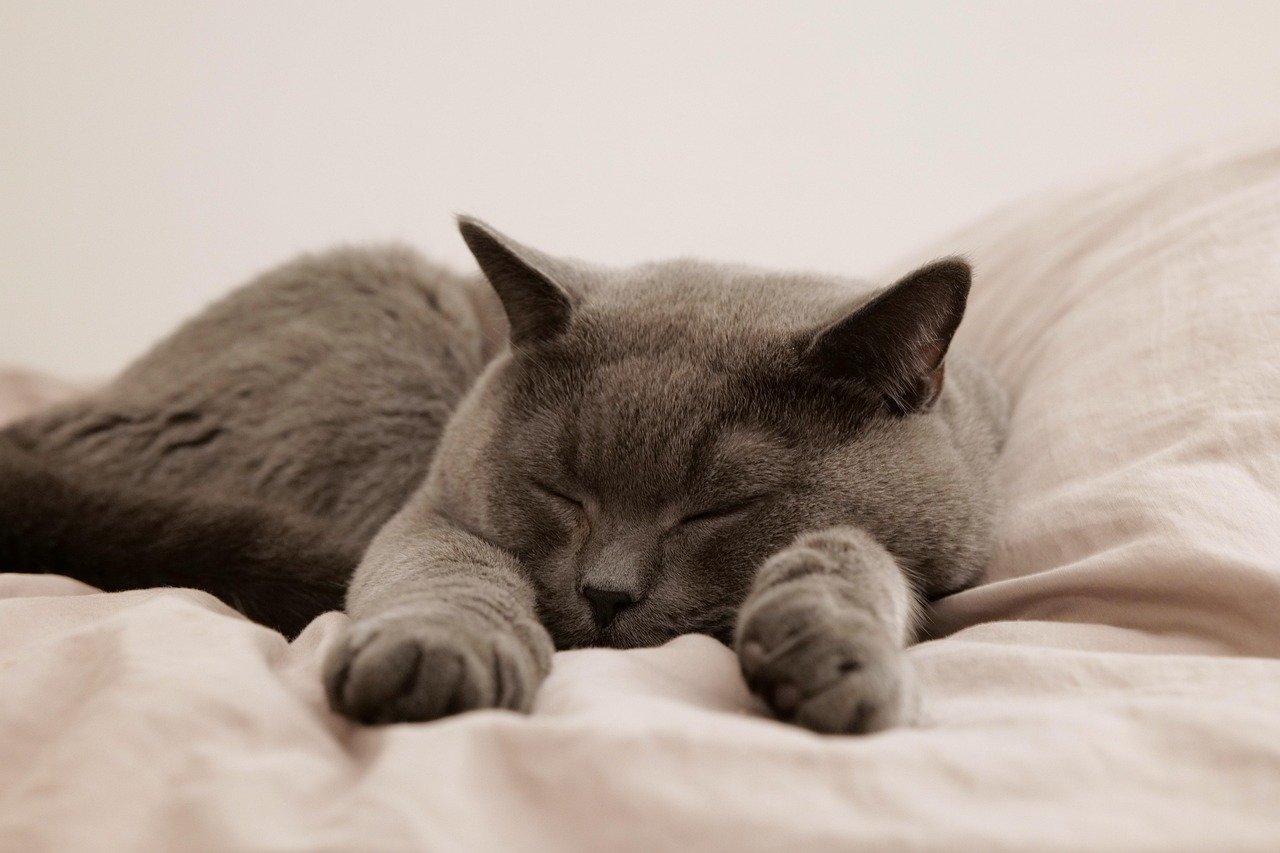
If you’ve ever woken up to find your cat curled by your side or at the foot of your bed, you’re not alone. Cats often position themselves near their humans at night, as if standing guard. This quiet watchfulness can bring a sense of safety and peace, especially if you struggle with anxiety or nightmares. Their presence is a gentle reminder that you’re not alone, even in the darkest hours. For many, a cat’s nighttime companionship is as comforting as a soft blanket.
Distraction from Worry: The Power of Play

Sometimes, the best way to escape a spiral of anxious thoughts is through distraction—and cats are masters at providing it. Whether they’re chasing a feather toy, pouncing on a crumpled piece of paper, or zooming around the house unexpectedly, their antics are often hilarious and uplifting. Engaging with your cat in play not only lifts your mood but also pulls you into the present moment, away from stress and worry. Laughter truly can be the best medicine, and your cat is always ready to provide a dose.
The Calming Presence of a Cat’s Gaze

There’s something almost meditative about locking eyes with a cat who’s content and relaxed. Their slow blinks and steady gaze can have an incredibly calming effect. Experts call this the “cat kiss,” and it’s often a sign of affection and trust. When your cat looks at you with soft, loving eyes, it can melt away tension and bring a sense of peace. It’s as if, in that quiet exchange, your worries fade for a moment.
Listening Without Judgment: The Purrfect Confidant

When the world feels heavy, there’s comfort in talking to someone who won’t judge or interrupt. Cats are the perfect silent listeners, never offering advice, criticism, or unwanted opinions. You can pour out your heart to your feline friend, knowing your secrets are safe. Their quiet companionship offers space to process your feelings, and sometimes, just saying things out loud—while your cat listens—can lighten the load.
Detecting Subtle Changes: More Than Meets the Eye
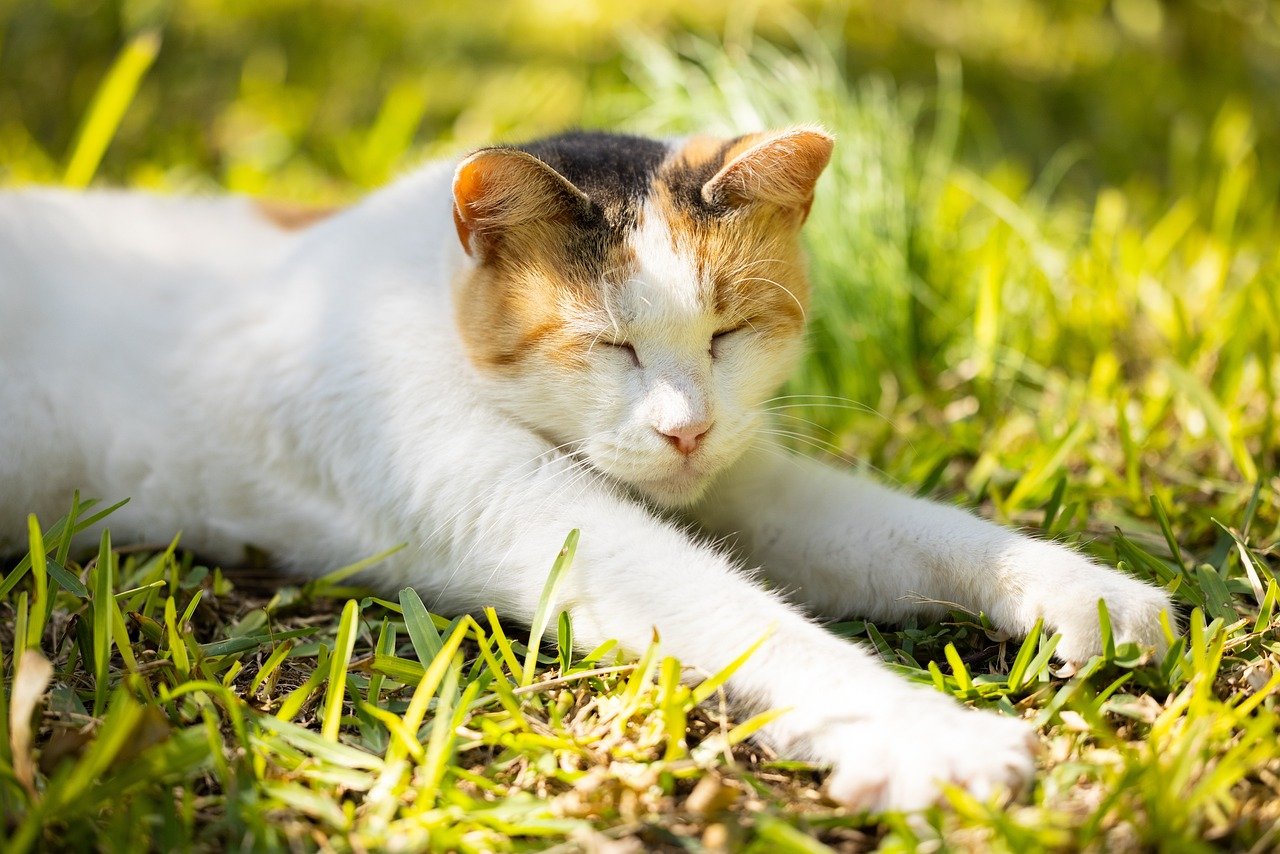
Cats are notorious for noticing even the slightest changes in their environment—and that includes your mood. Maybe you sigh a little more, move a bit slower, or skip your usual routines. Your cat picks up on these cues and might start following you around more, sitting closer, or acting more affectionate. Their heightened senses make them excellent at reading the room, and their gentle responses can help you feel understood without a word.
Stress Reduction: The Science Behind Cat Companionship

It’s not just a feeling—science backs up the idea that being around cats can reduce stress. Studies have shown that interacting with cats lowers levels of cortisol, the stress hormone, and boosts serotonin, the happiness chemical. This physiological response can have a profound impact on your emotional well-being, helping you feel calmer, more centered, and less overwhelmed. Your cat is more than a cute companion—they’re a furry stress-buster.
A Sense of Purpose: Caring for Your Cat as Self-Care

When everything feels out of control, having someone—or in this case, a cat—relying on you can restore a sense of purpose. Feeding, grooming, and caring for your pet requires you to get out of bed, stick to a schedule, and focus on something outside yourself. This daily responsibility can be a powerful motivator, especially when life feels overwhelming. In a way, your cat helps you take care of yourself, too.
Emotional Mirrors: Reflecting Your Feelings Back to You

Sometimes, your cat acts as a mirror for your emotions. If you’re anxious, they might pace or act restless. If you’re calm, they’re more likely to stretch out and relax. This mirroring can help you become more aware of your own feelings—and motivate you to find ways to soothe yourself, knowing your cat is tuned in to your mood. It’s a gentle, wordless conversation that deepens your connection.
Alone But Not Lonely: The Comfort of Shared Silence
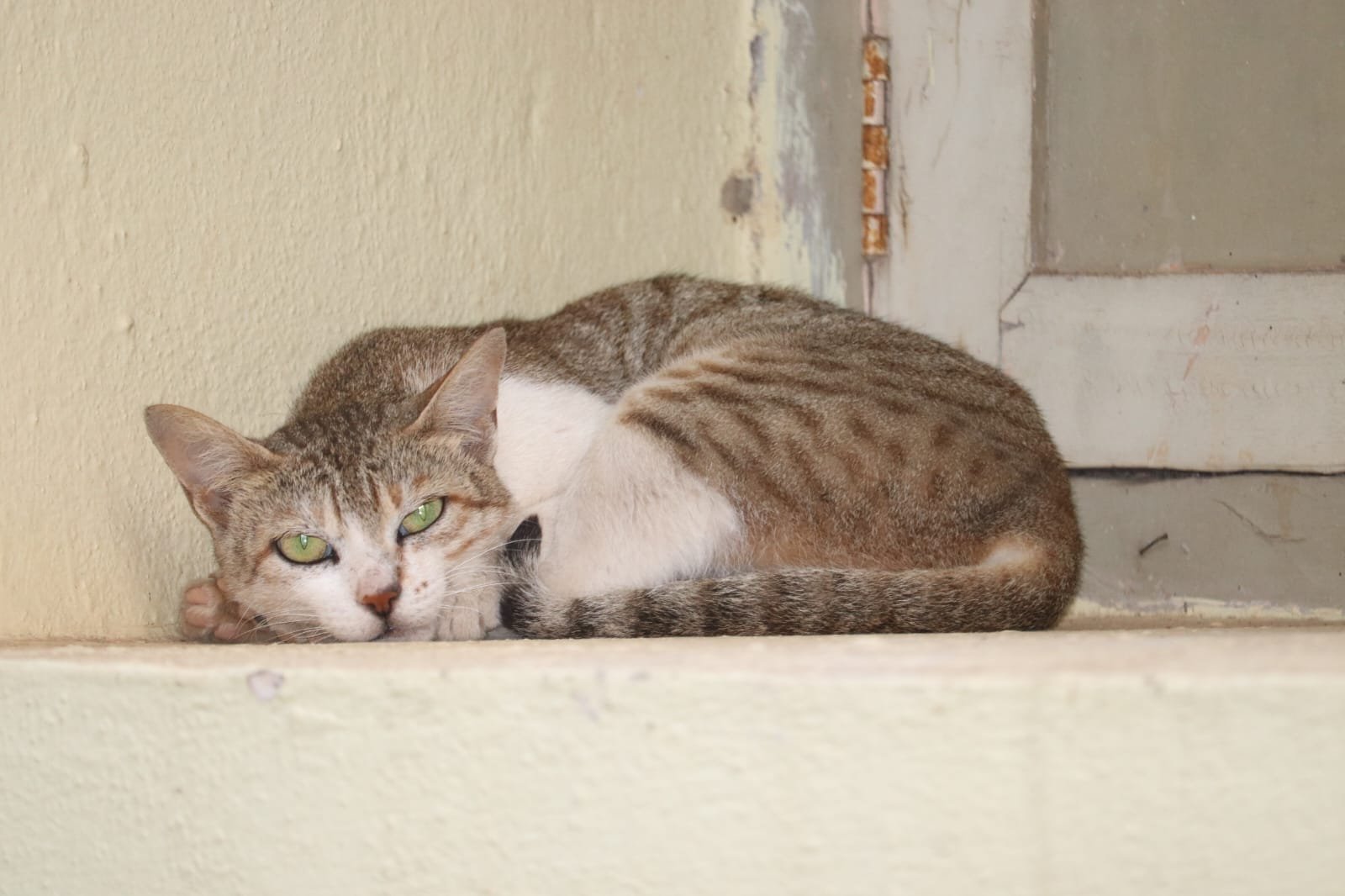
Cats are experts at being with you without demanding interaction. For people who need space but still crave connection, this can be the perfect balance. Just knowing your cat is nearby, maybe dozing in a sunbeam or quietly grooming themselves, brings a sense of companionship without pressure. Their presence fills the room with warmth, making solitude feel less like loneliness and more like peaceful togetherness.
Sensitive to Sickness: How Cats Respond to Illness

Many cat owners have stories about their pets becoming extra attentive when they’re unwell. Cats often seem to know when you’re sick or in pain, curling up beside you or refusing to leave your side. This sensitivity extends beyond emotional distress to physical illness, as if they’re trying to offer comfort and protection. Their watchful care can make recovery feel a little less lonely and a lot more loved.
Teaching Mindfulness: Living in the Moment with Your Cat

Cats excel at living in the present—chasing a sunbeam, savoring a nap, or enjoying a good stretch. Spending time with your cat can remind you to slow down, pay attention, and let go of worries about the past or future. Their ability to savor simple pleasures is contagious, encouraging you to find joy in the little things. Being present with your cat can be a gentle lesson in mindfulness, helping you reconnect with yourself.
Building Trust: The Emotional Security of a Cat’s Love
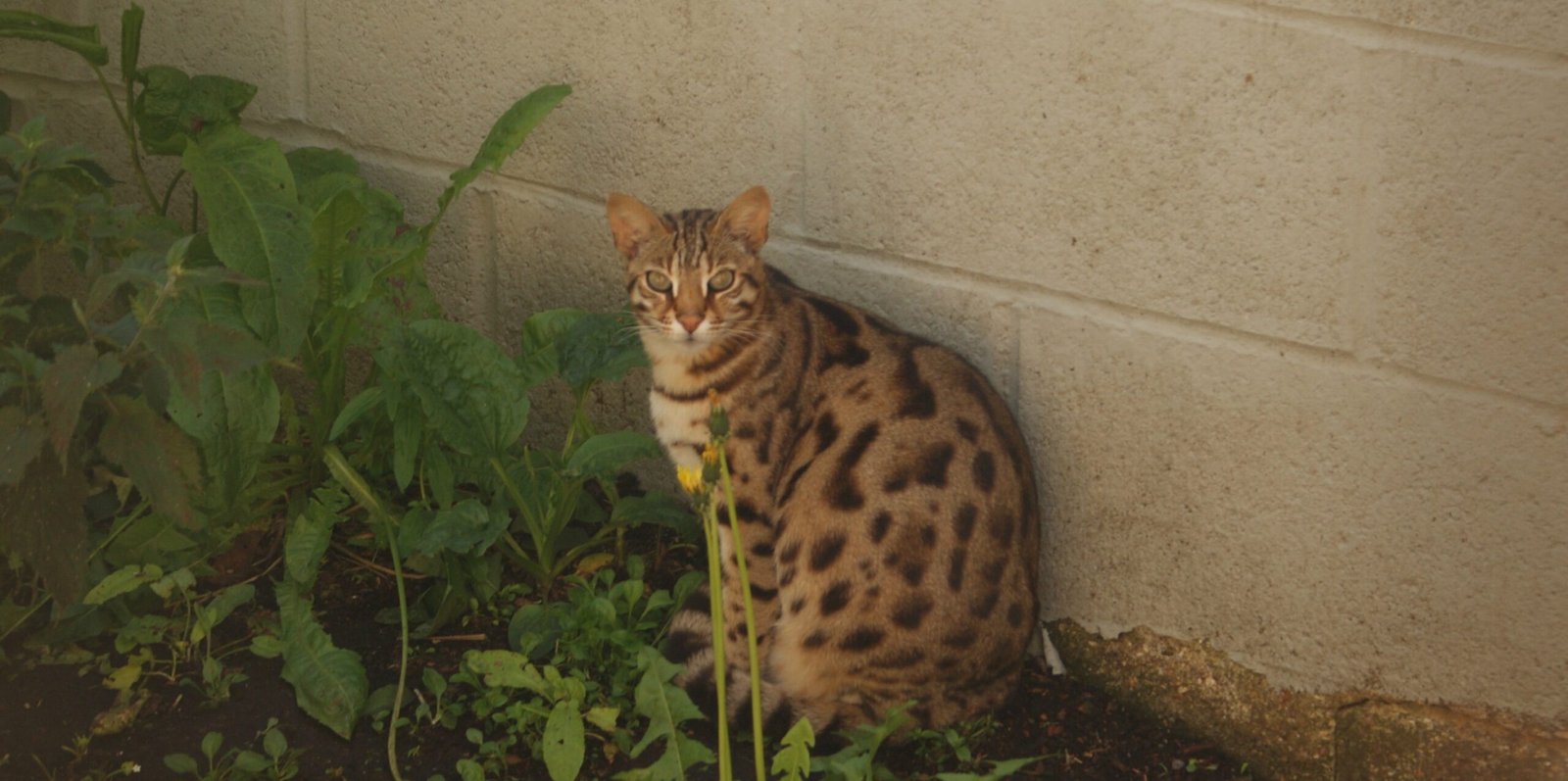
Gaining a cat’s trust is no small feat, and once you have it, their affection feels especially meaningful. When your cat chooses to be close to you, rubs against your leg, or brings you a toy, it’s a sign that you’re part of their inner circle. This bond provides a deep sense of emotional security, reminding you that you’re loved and valued—no matter what life throws your way. It’s a quiet form of protection that lingers long after the moment has passed.
Unconditional Acceptance: You, Just As You Are
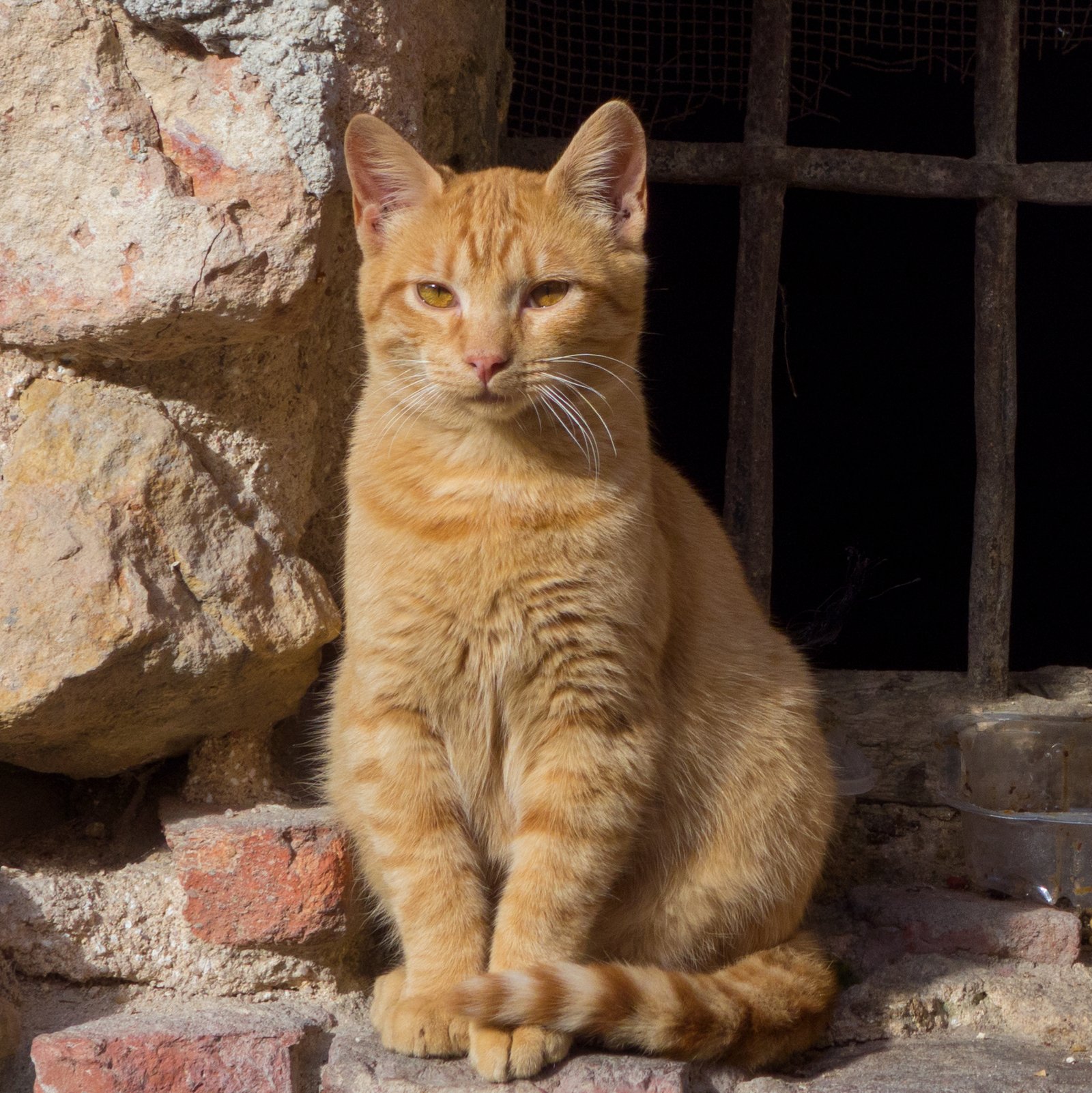
Cats don’t care how you look, what you do for a living, or whether you’ve had a bad day. They accept you completely, flaws and all. This unconditional acceptance is a rare gift, offering a safe space where you can be yourself without fear of judgment. Knowing you’re loved for who you are—without conditions or expectations—can be incredibly healing, especially during tough times.
Small Gestures, Big Impact: The Power of Cat Affection
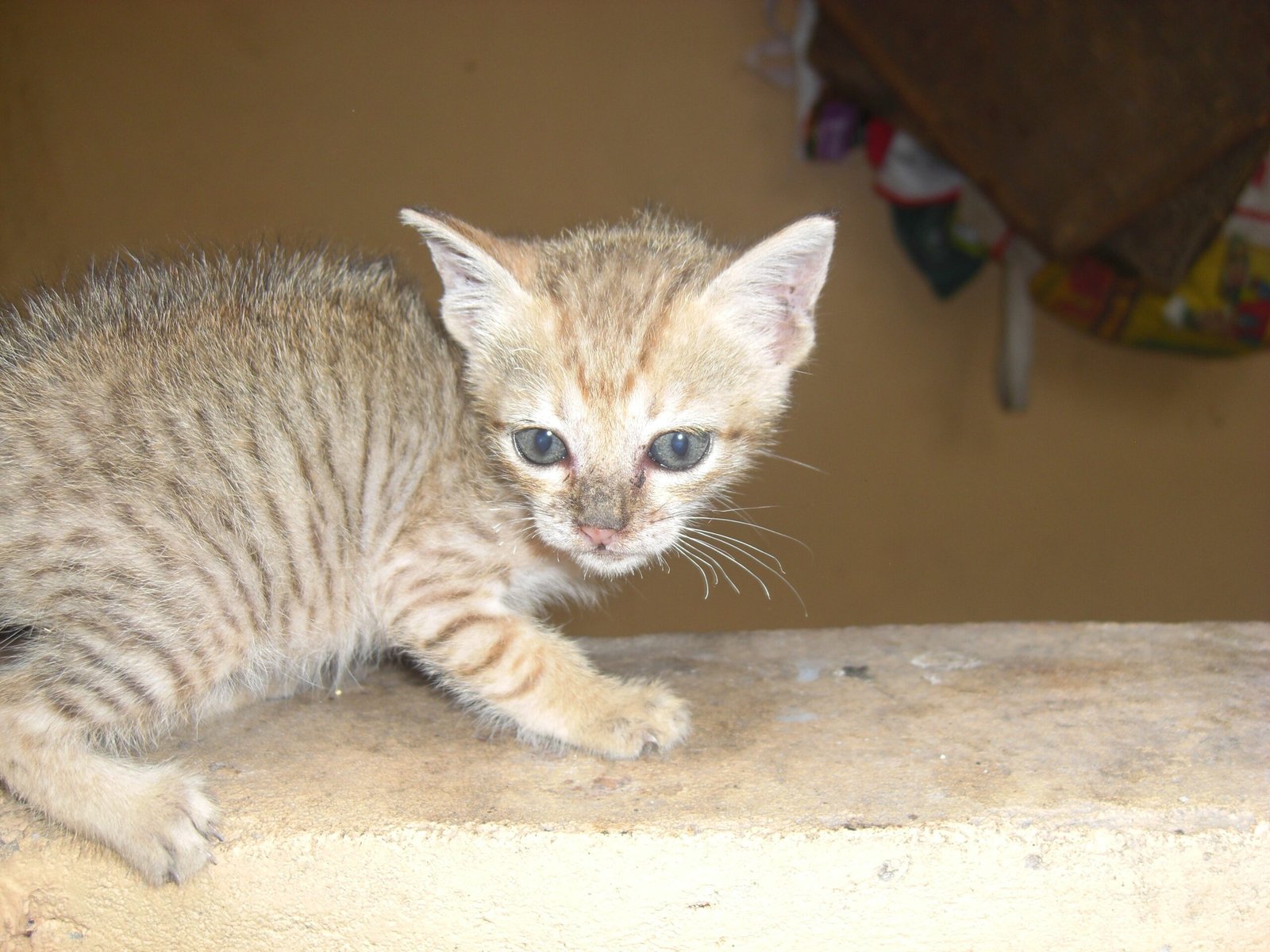
A gentle headbutt, a slow blink, a quiet purr—these small gestures are your cat’s way of showing affection and support. While they may seem minor, these little acts can have a big impact on your mood and emotional health. They serve as daily reminders that you’re not alone and that someone cares, no matter how subtle the message. Sometimes, it’s the smallest things that make the biggest difference.
Life’s Surprises: How Cats Help You Embrace the Unexpected

Life with a cat is never boring—one moment they’re napping peacefully, the next they’re launching themselves after a dust bunny. Their unpredictable antics remind you to expect the unexpected and find humor in everyday life. This sense of playfulness can help you break free from negative thought patterns and embrace life’s surprises with a lighter heart. In their own unique way, cats teach us resilience, adaptability, and the power of joy in the face of uncertainty.
Hi, I’m Bola, a passionate writer and creative strategist with a knack for crafting compelling content that educates, inspires, and connects. Over the years, I’ve honed my skills across various writing fields, including content creation, copywriting, online course development, and video scriptwriting.
When I’m not at my desk, you’ll find me exploring new ideas, reading books, or brainstorming creative ways to solve challenges. I believe that words have the power to transform, and I’m here to help you leverage that power for success.
Thanks for stopping by, Keep coming to this website to checkout new articles form me. You’d always love it!






